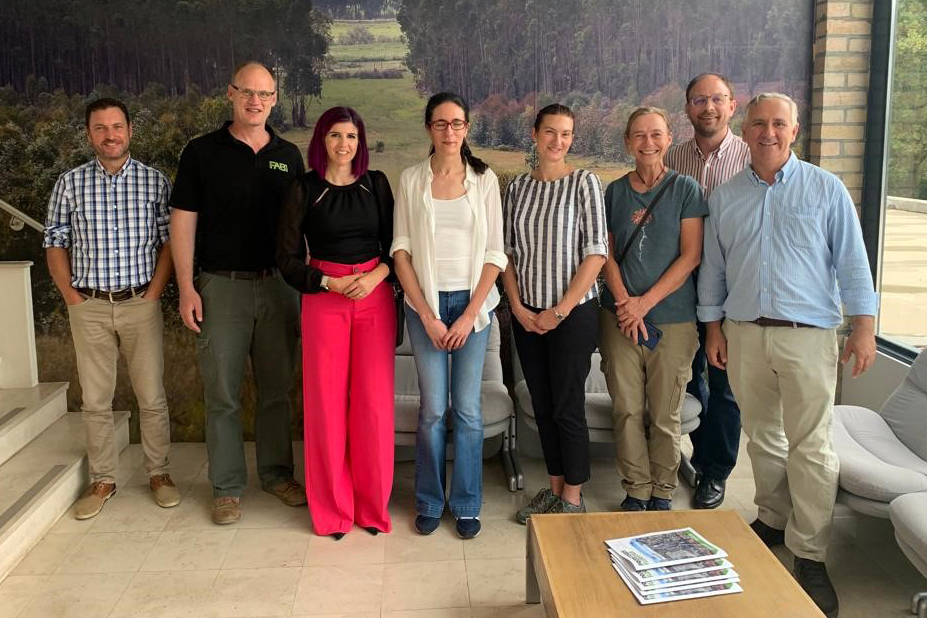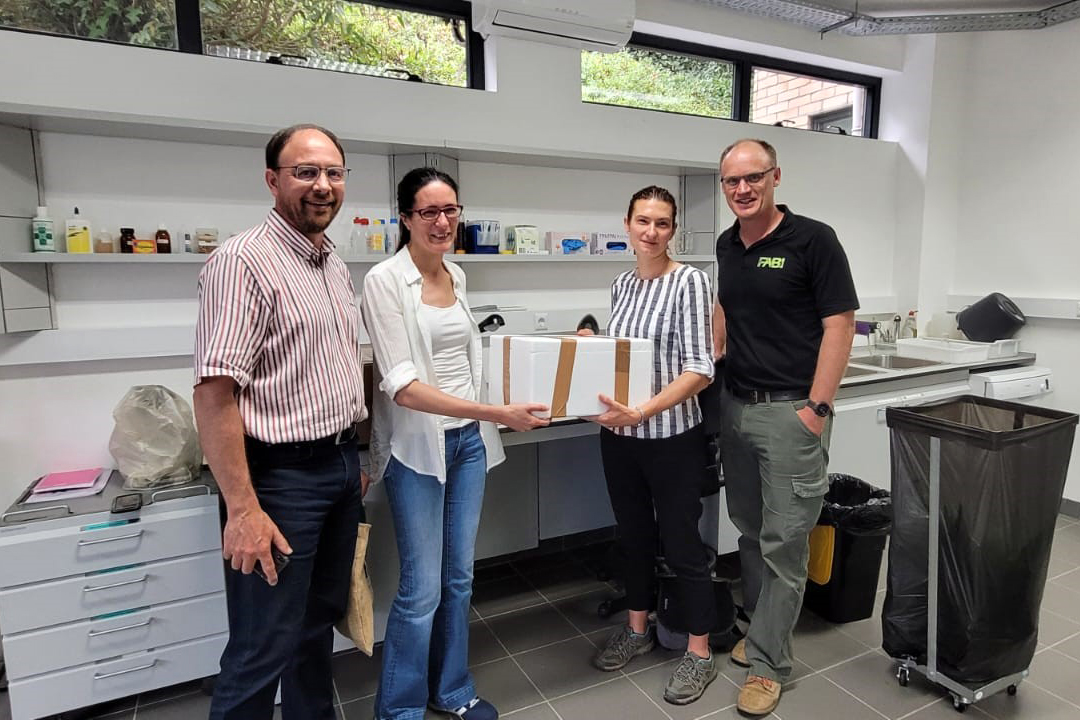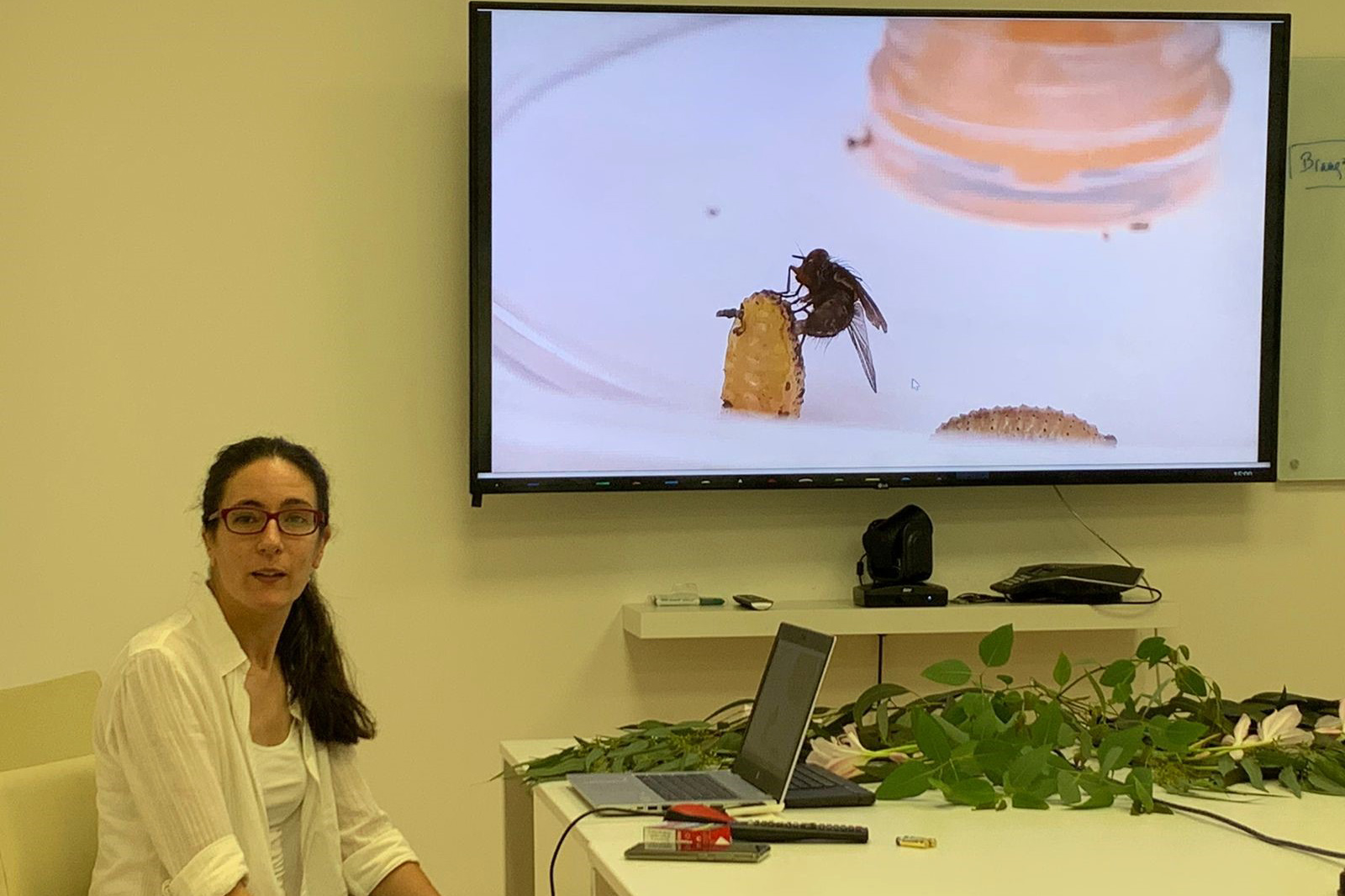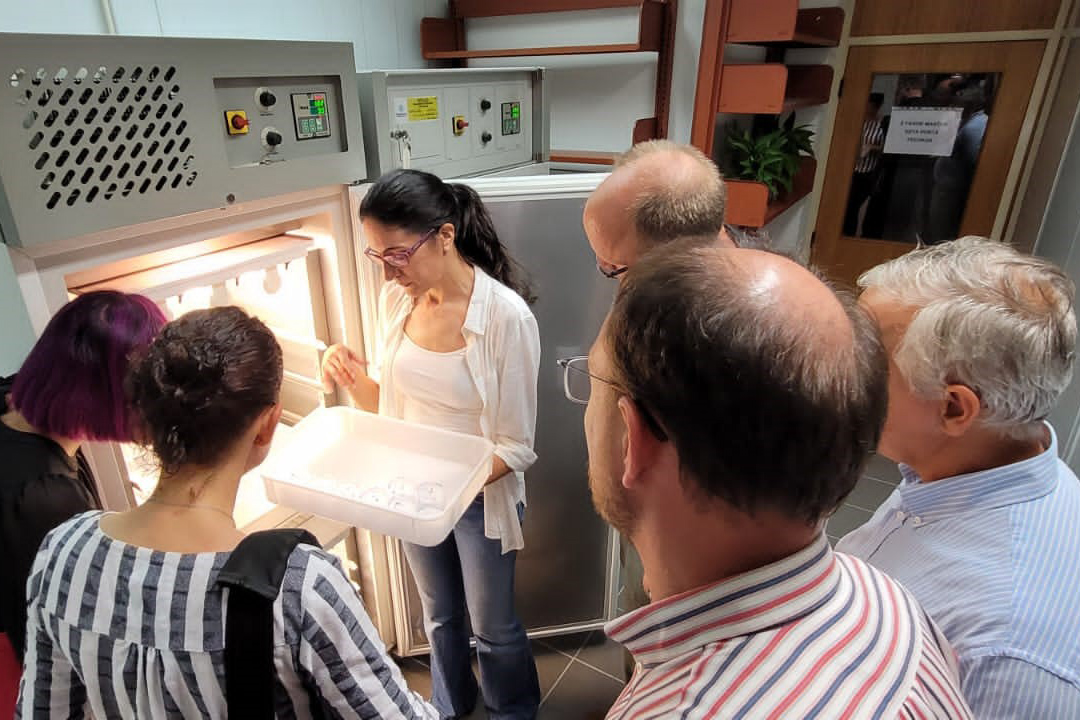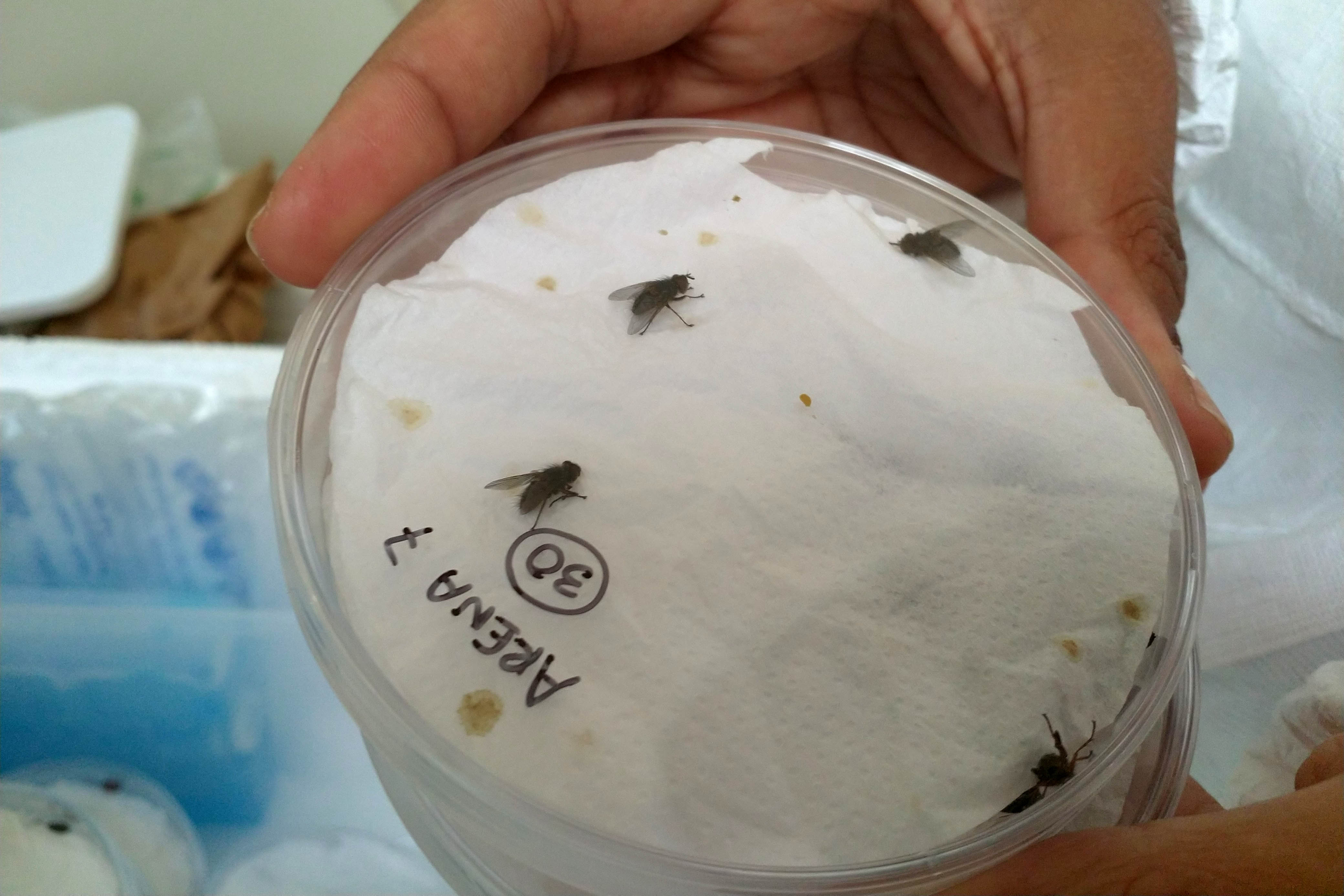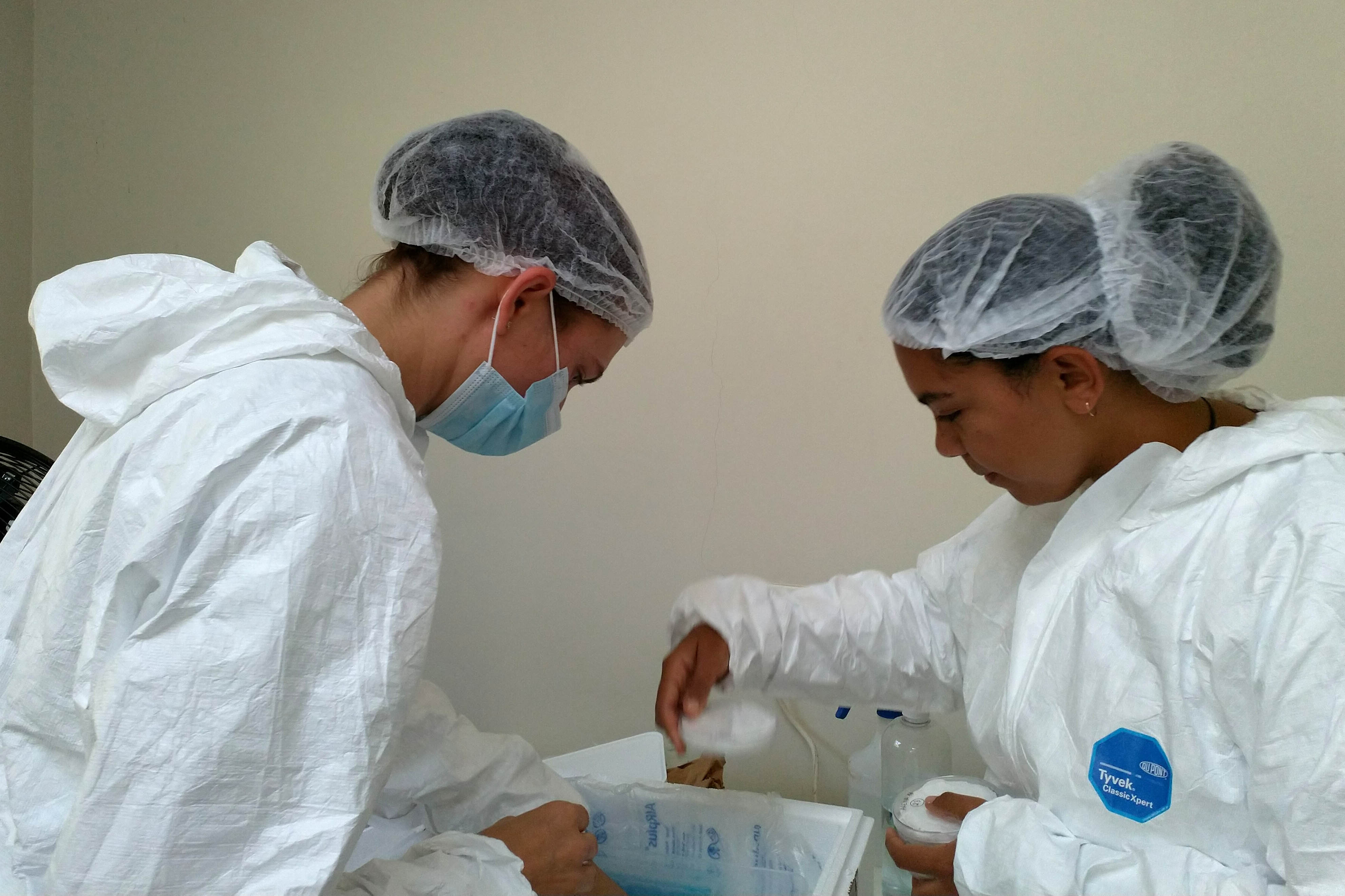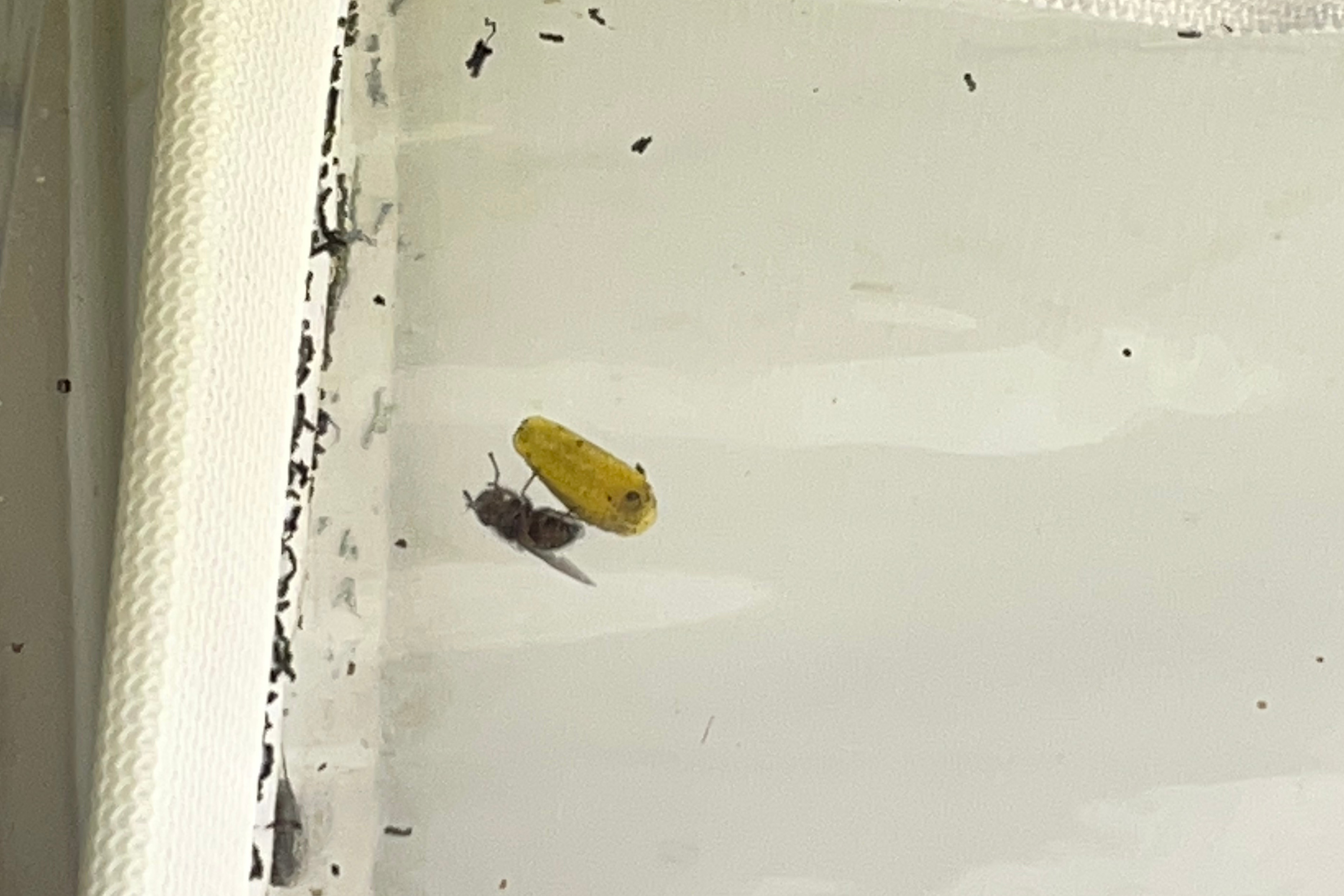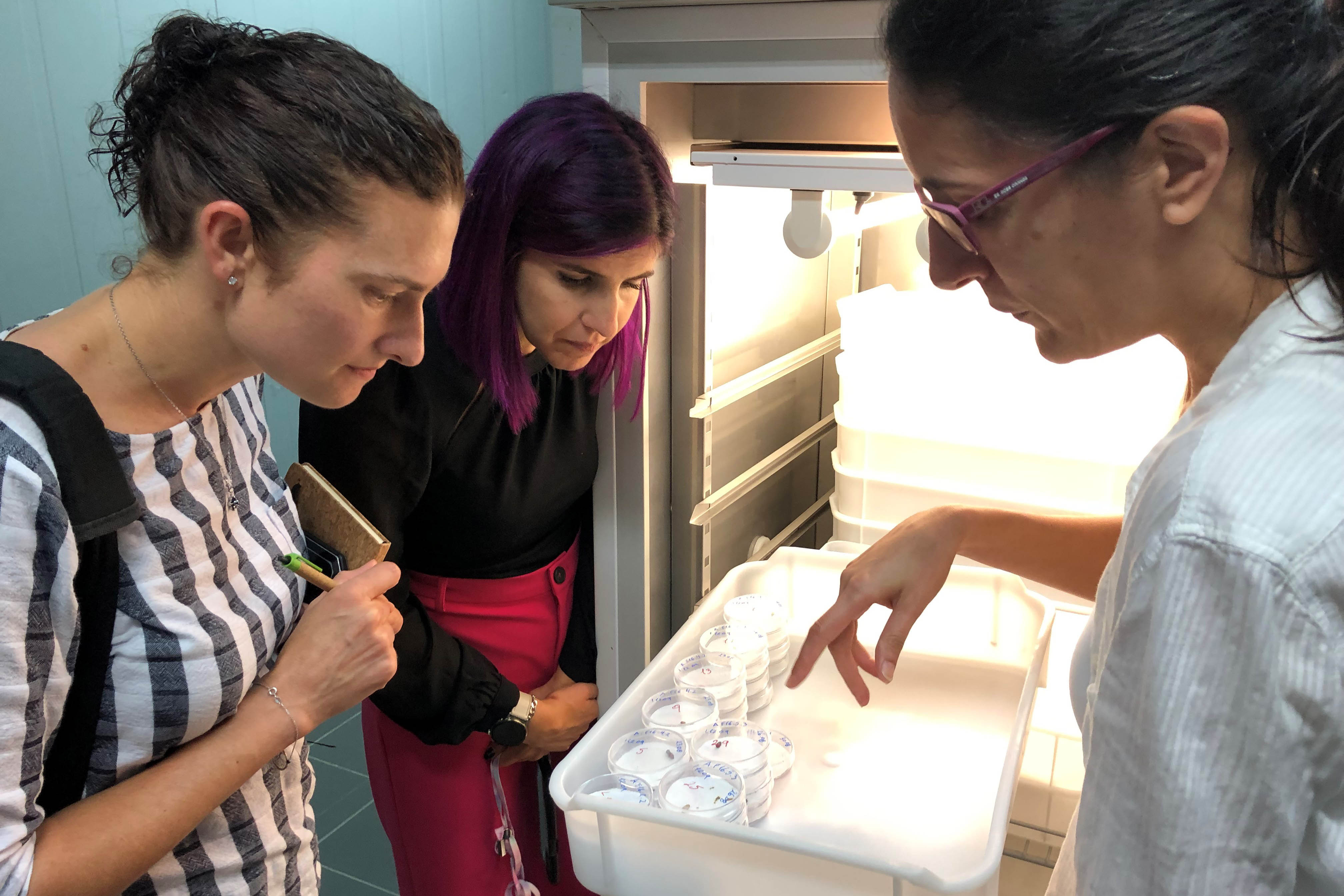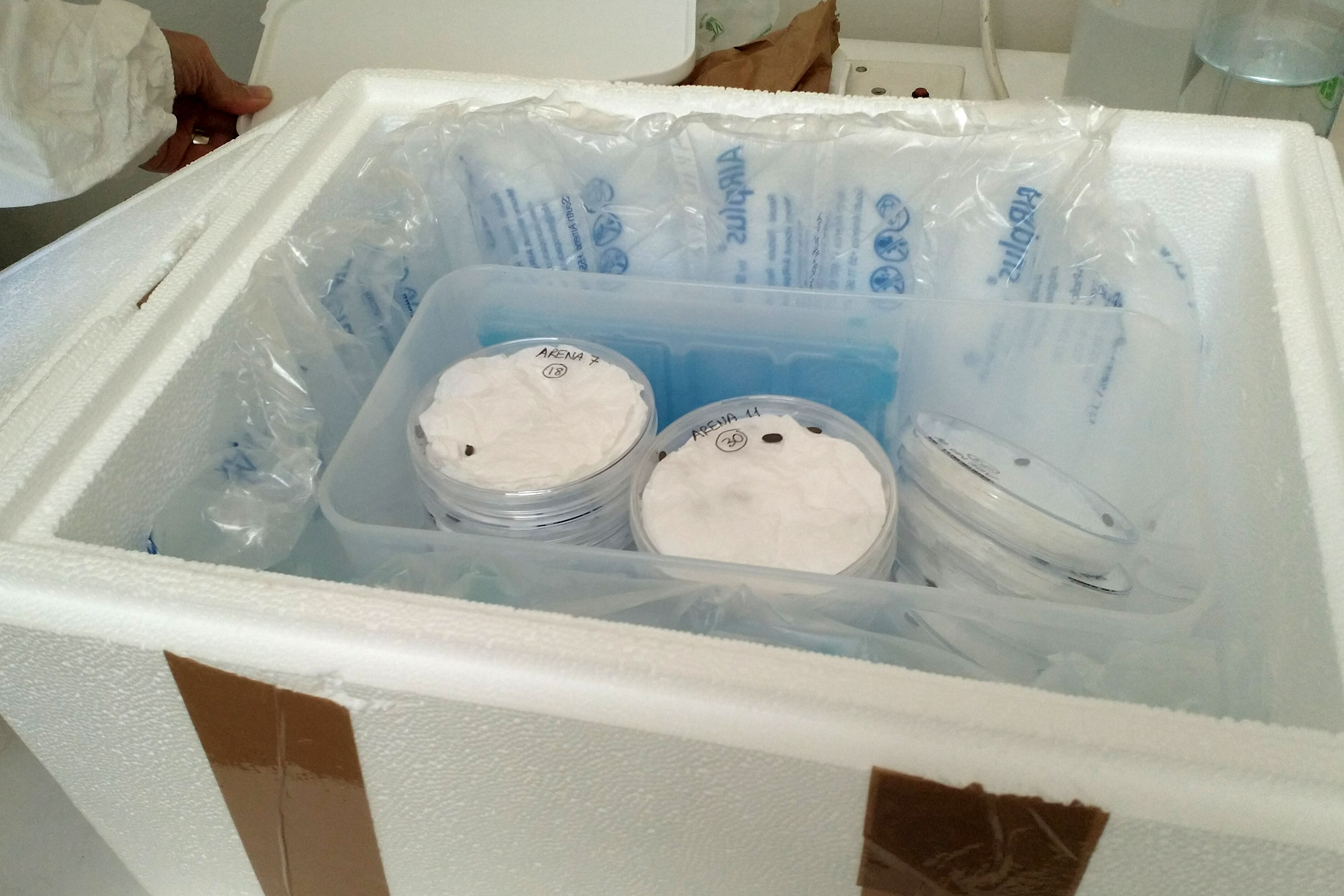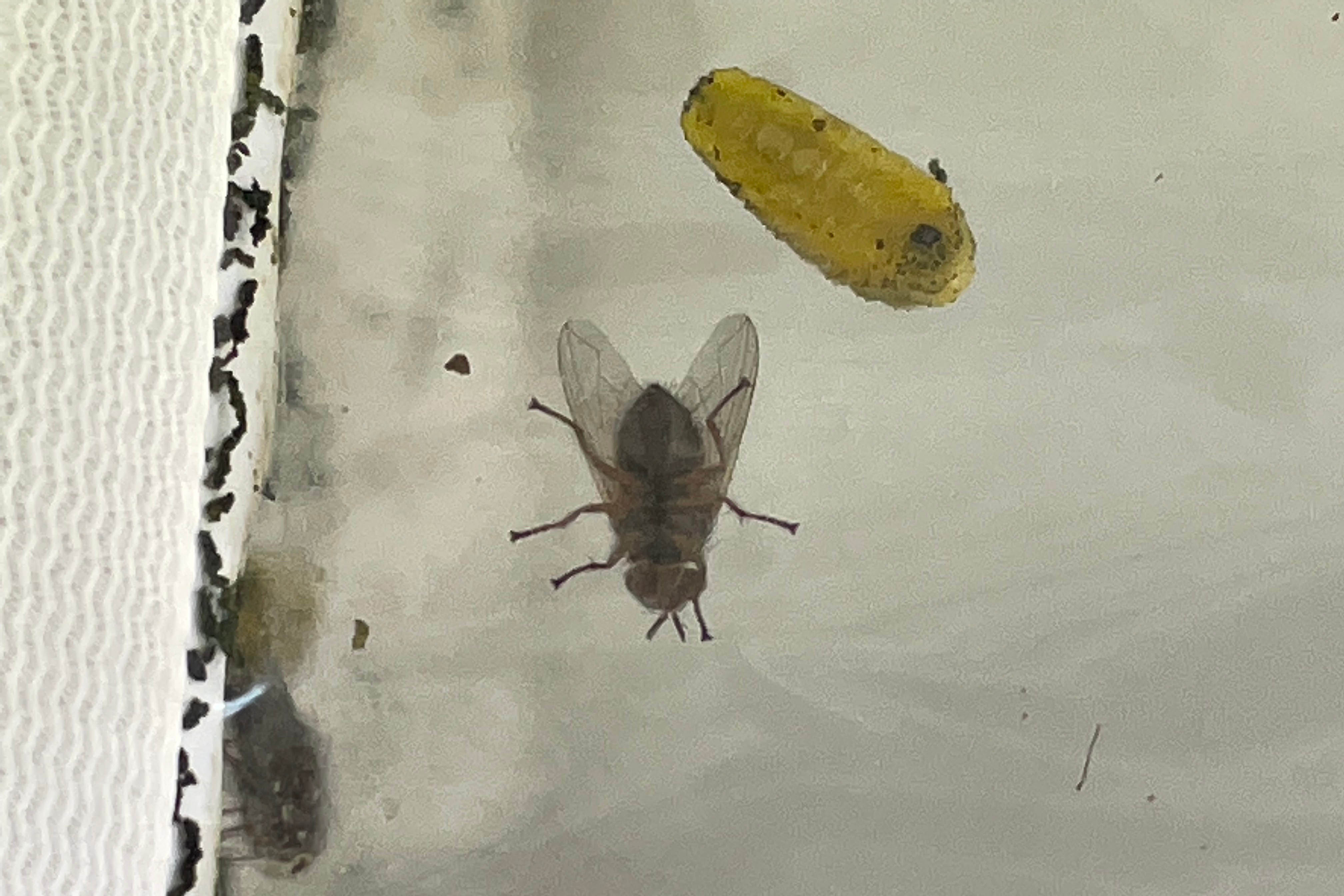FABI imports Anagonia cf. lasiophthalma, potential biological control agent for Gonipterus sp. n. 2 2022-09-30
Professor Bernard Slippers, Prof. Brett Hurley and Dr Michelle Schröder from FABI and Prof. Jolanda Roux from SAPPI recently visited two forestry institutes in Portugal, Altri Florestal and RAIZ. Both companies have an insect rearing facility and develop biological control agents for the management of invasive Eucalyptus pests. Developing optimal insect rearing techniques is the foundation of classical biological control programs and depends on a good understanding of the insect species’ biology. Developing insect rearing techniques can take a long time in cases where the insect biology is not known. This is often the case with parasitoid species collected in the native range of invasive insect pests. Sharing information between different laboratories and research groups is invaluable for developing insect rearing techniques and optimizing systems within insectaries to combat invasive insect pests of forests world-wide.
The visit focused on knowledge exchange of insect biology and insect rearing methods of invasive insect pests of Eucalyptus with a focus on Gonipterus species and Anagonia cf. lasiophthalma. Anagonia cf. lasiophthalma is a parasitic fly, in the family Tachinidae. It is native to Australia and has been found to parasitize the larvae of Gonipterus species within the G. scutellatus species complex. This is an exciting development because A. cf. lasiopthalma attacks a different life stage than the current biological control used against Gonipterus, A. nitens, which attacks the eggs of Gonipterus.
RAIZ provided FABI with some insects to import into the quarantine facility at the FABI Biological Control center. A first step is to determine if Gonipterus sp. 2 is a host for A. cf. lasiopthalma. If Gonipterus sp. 2 is a good host for A. cf. lasiopthalma, the team at the FABI biocontrol facility will work towards establishing a culture of A. cf. lasiopthalma within the quarantine laboratory. Risk assessment studies will then be completed as part of an evaluation to determine if this species of parasitoid will be a suitable biological control agent against Gonipterus sp. 2 within South Africa.
We would like to thank Ana Reis and Luis Fontes from Altri Florestal, Carolina Concalves, Carlos Valente, Nuno Barralho and Pedro Serafim from RAIZ and the Navigator company for their hospitality, sharing of information and providing us with the insect material.


